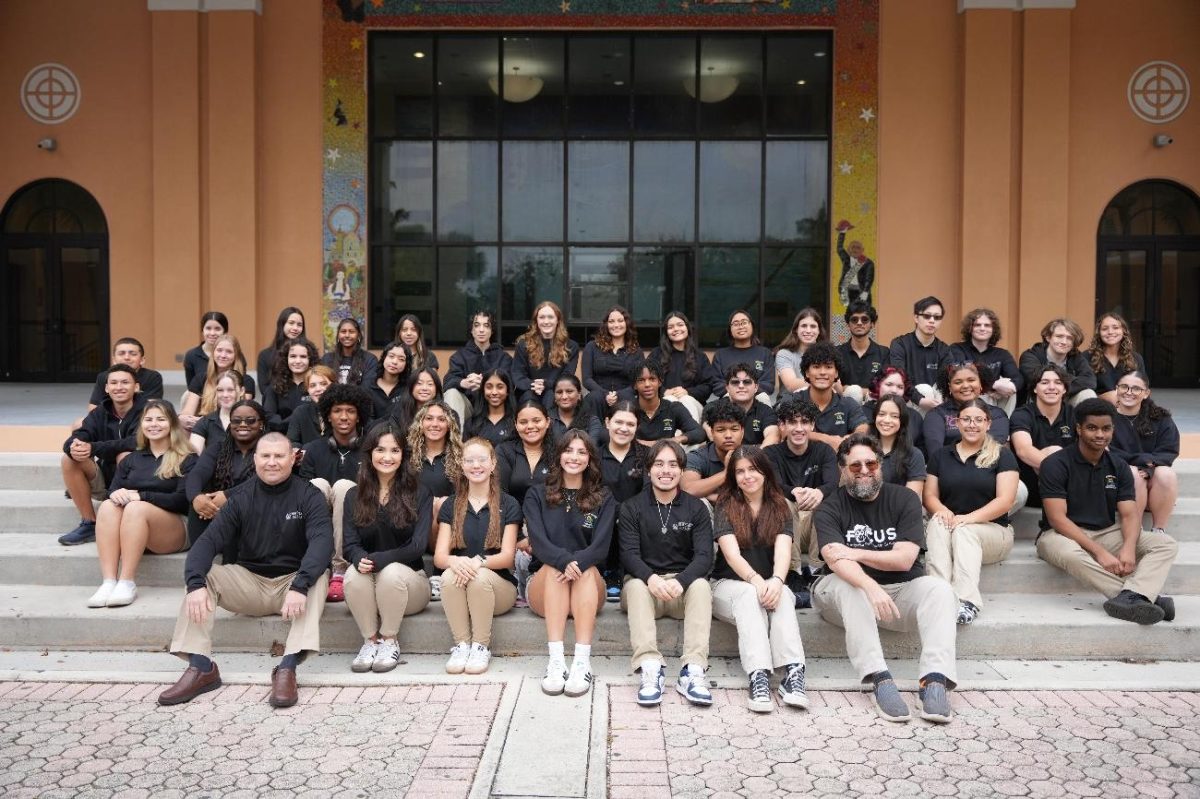As time goes on, more and more cases have been opened of child substance abuse in schools. Recently, there has been excessive nicotine use in schools, with almost 20% of students across the country reporting nicotine use. From 2022 to 2023, studies have shown that these occasions have only deteriorated over time.
What was once a problem that was due to traditional cigarettes grew to become an easily accessible e-cigarette that is not only promoted by social media but also leaves students with continuous health-related struggles.
With the use of nicotine in adolescents, it quickly becomes a lifelong risk for nicotine addiction, which can lead to excessive health issues. The use of nicotine products in 2023 varied from 1.97 million students in high school. With children who are participating in nicotine consumption, this quickly can grow into an addictive state and can harm their developing brain.
According to the Centers for Disease Control and Prevention (CDC), nearly 14% of high school students were reported for using e-cigarettes back in 2023. However, the number may be higher due to some not being reported.
“I have a couple of friends who vape or do nicotine. I’ve never tried it myself, nor do I ever want to. Still, I find myself wondering what is so addictive about it or why and how they are always getting more,” says Bradley Powe, a Pembroke Pines Charter High School (PPCHS) junior. “To me personally, I think that these [e-cigarettes] are way too [accessible].”
Unlike cigarettes, e-cigarettes and vapes often have a different shape or structure to resemble USB drives or pens. Occasionally, some students turn to vaping due to diverse reasons of past trauma, boredom, peer pressure, and stress.
Teachers and school administrators constantly report finding students in bathrooms, locker rooms, and possibly during class using e-cigarettes. To prevent this, schools are initiating adding vape detectors, and electronic hall pass systems and creating more health education classes to teach students about the health consequences of vaping.
Nicotine is very addictive, and many students might underestimate the consequences when using it. The acts of vaping and growing a pure addiction can negatively affect any teenager’s learning or memory. Occasionally, vaping might make it harder to sleep and dramatically alter emotions.
When a student is caught vaping, some schools have turned what once might’ve been punishments into counseling; this is to help students lose their addiction instead of penalizing them. This has also led to new legislation that bans flavored e-cigarettes and has created stricter age restrictions when purchasing e-cigarettes.
The battle against excessive nicotine use in schools continues to increase over time. Policies, education, and support systems have all tried to create progress in preventing the growth of vaping use. They hope to address the crisis by building even stricter regulations and allowing students to have more resources to recover from the damage it’s causing.








